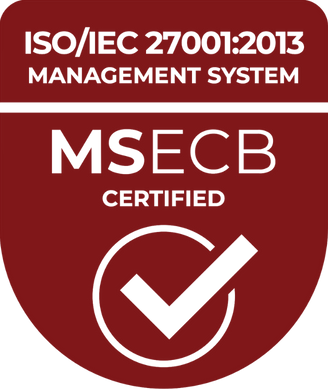To successfully work with gender equality, quantitative and qualitative measures absolutely need to go hand in hand
June 28, 2022 · Consulting, Entrepreneurship, Skills Management
Written by: Erik Ringertz Tom Andersson
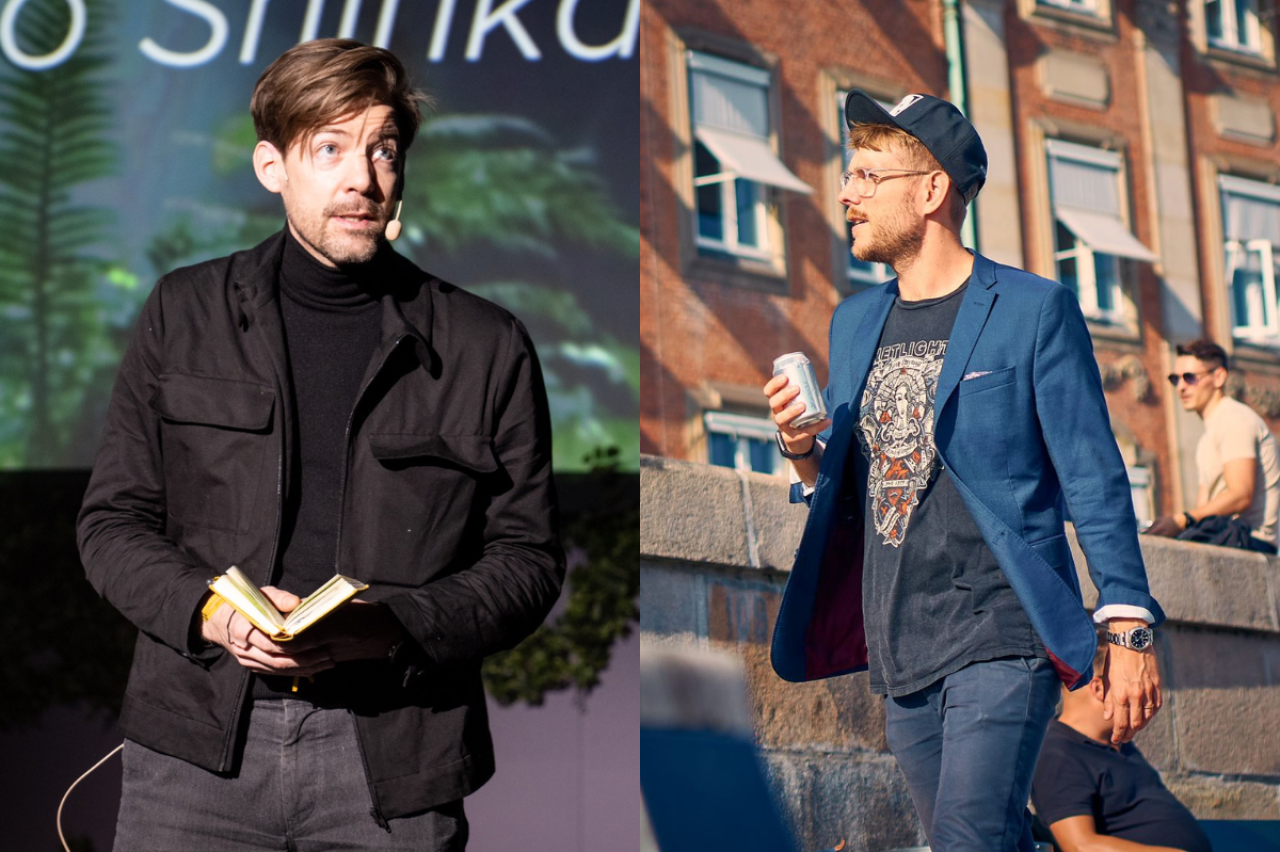
When Netlight first came to the realization, we had already come a long way in terms of equality awareness. For five years we had worked proactively against gender discrimination. It started with an equality contest that resulted in things like a Declaration of Equality prominently displayed in all receptions, an equality clause in client contracts, and the organization of meetups targeting discrimination at work as a consultant. Equality was no longer dull and shameful; we had made it a natural part of our culture and something to be proud of. There was only one problem: we were still a company consisting mainly of men.
This was in 2012 and we were down at 12% women. What was worse was the outlook. We were growing rapidly, and recruitment happened mostly through networking. And as men know more men than they do women, it was only a matter of time until the gender ratio would go down to levels where you could hardly speak of there being any women at all, even if we continued to recruit more women at the current pace. If we were to get somewhere, we needed to be concrete. We had to start counting.
We had not given counting that much attention before but rather worked on the assumption that by focusing on quality and nurturing a culture of equality, the ratio would even out by itself. This had to change. To make our intention clear, and to ensure we had a direction, we created a strategic growth plan for how to attract more women. The plan claimed that we should reach 30% women.
Counting raised our awareness. Throughout the recruiting process, we needed to account for the limited number of women. A sign on a contract was not enough – what gender was the sign? At the same time, counting alone would not get us to where we wanted to be, and we realized that the numbers were against us wherever we turned. There simply weren’t enough women around, at least if we were realistic about that we would not recruit every single one. We needed to work to increase the number of women available to recruit overall, and to this end, we created a concept we called The Code Pub. The Code Pub was founded in 2013 as a network for women in IT, a place to find role models to inspire to join or stay in the industry. The Code Pub started small, but today it has 5000 members in nine cities across Europe.
With the strategic plan as our guide, we did reasonably well. Already in 2014, we had reached 20% and were heading steadily towards 30%. Then something new happened, something we had not anticipated: a feeling of “things are going well, aren’t we good enough by now?” snuck up on us. Of course, we were far from done, but the initial excitement was gone. Having the numbers to focus on helped us stay on track even though the journey was longer than expected.
To not get lost only in ourselves, we turned parts of our focus outwards in the knowledge that improving the general market conditions would also benefit us. In addition to The Code Pub, we co-founded the industry initiative TechEq to put equality higher up on more companies’ agendas, and we helped other companies, including a student consultancy firm, set targets and strategies for equality-minded growth.
Then – finally – there was a breakthrough: After five years, in 2017, Berlin reported 33% women and Helsinki 32%. It was no coincidence that it was the smaller, more recent offices that took the lead. They had counting and equality carved into the culture from the start and proved we were on the right path. Light had started seeping into the tunnel.
We realized that to make our equality work stick, for it to be more than a short-term solution, it had to be something that concerns everyone. It’s not only about recruiting, all parts of the organization have to be involved and want this change to happen, from the board of directors to the most recently hired. Counting makes internal structural issues painfully clear, and that pain needs to be turned into a positive force for change. Is our career journey equal? Are there visible role models in the organization? To hammer home the point that these issues belong to all, we created an initiative called Purple Pill to make it easy for men to not only become aware and get involved but to actively drive our equality work.
Today, in 2022 we have at last reached the global target we set ten years ago – 32% women globally, and rising. The simple math says that to be able to increase the male-female ratio of staff, the ratio in new recruits must be higher still. This is incredibly challenging, and change took much longer than expected. In this ten-year period, our total company size has almost five-folded and had we not focused on the numbers in time we would inevitably have run into the problem of a decreasing gender ratio.
If these last ten years have taught us anything, it’s that having the right qualitative measures in place is not enough to create change – the quantitative measures must be there too. While they support each other, they, unfortunately, do not go hand in hand but need an equal amount of attention and hard work. Thankfully, we have also learned that the hard work is worth it in the end and that engaging in this challenge is enormously rewarding.
So, what next? Gender equality is easily captured in numbers; after all, we know we are 50 /50. Other minorities, such as ethnicity, sexuality, and disability, are not. Nevertheless, we need to give them the same attention. We are far from done with counting and need to find new ways of quantifying and measuring to be able to broaden our focus.
Årets Jämställdhetsrapport

Guest bloggers- Tom Andersson and Erik Ringertz, Partners at Netlight
Guest bloggers- Tom Andersson and Erik Ringertz, Partners at Netlight
You may also like...
All posts
Apr 30 2025 · Consulting
Understanding the psychology behind pricing

Apr 15 2025 · Consulting
How to set (the right) price?

Mar 18 2025 · Consulting
How do we charge for the value of our services?

Mar 11 2025 · Consulting
New AI Act: Checklist for Consultants and Consulting Firms
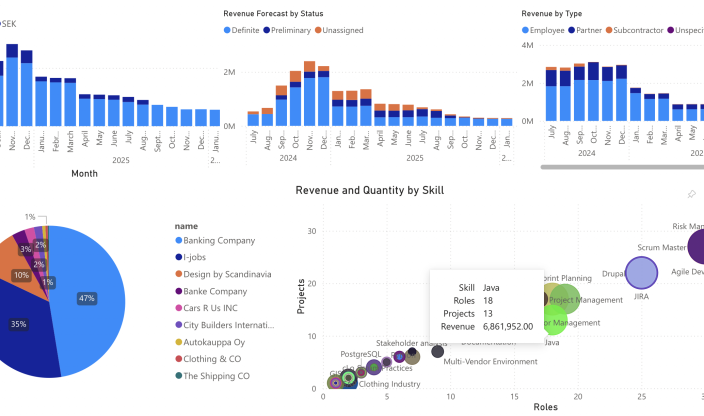
Feb 27 2025 · Consulting
Maximize Insights in Your Consulting Business with Cinode and Power BI
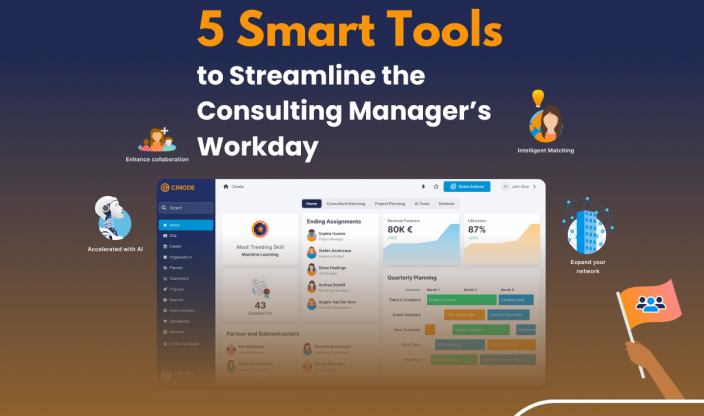
Jan 31 2025 · Consulting
5 Smart Tools to Streamline the Consulting Manager’s Workday

Jan 29 2025 · Consulting
New guide: How to Build Consultant Resumes That Win Clients
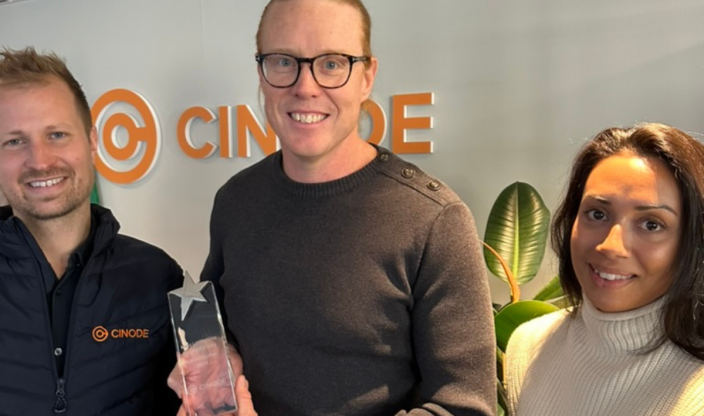
Nov 05 2024 · Consulting
Sweden’s most profitable consulting company reveals its secrets
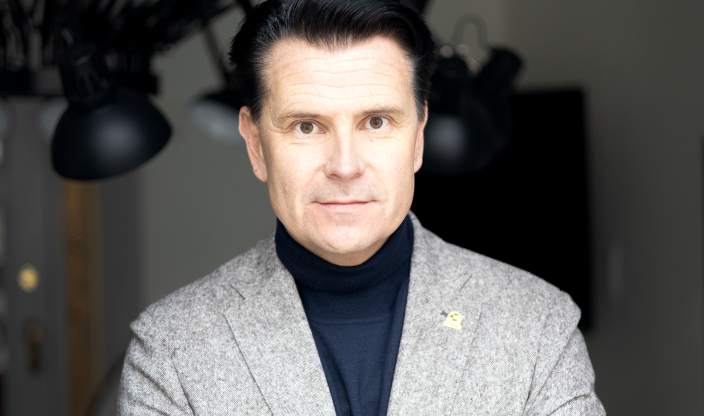
Oct 30 2024 · Consulting
From Vision to Reality – Consid’s Amazing Journey Under Peter Hellgren’s Leadership
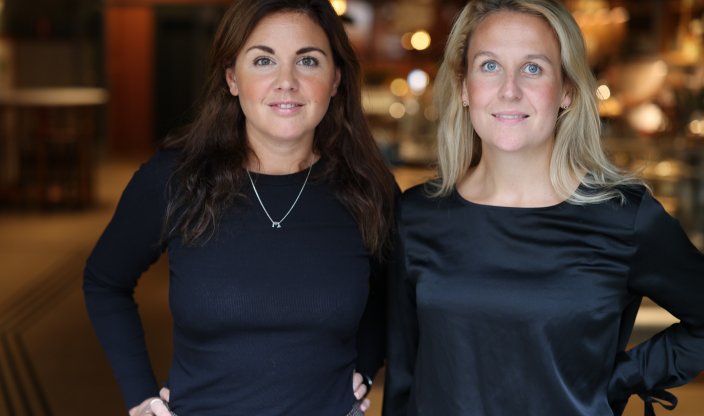
Oct 24 2024 · Consulting
How to Prepare Your Consulting Firm for Sale – Keys to Maximum Success
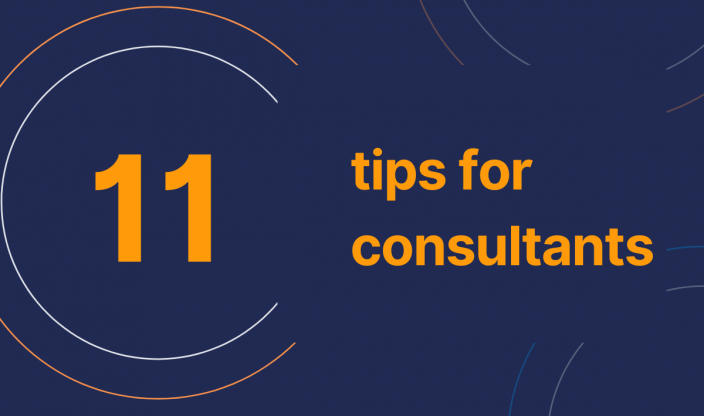
Sep 03 2024 · Consulting
11 tips for consultants on assignment

Aug 29 2024 · Consulting
